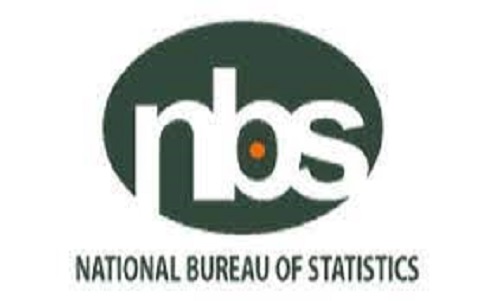Nigeria’s economic growth slowed to 3.52% in the fourth quarter from 3.98% a year earlier (NGGDPQ=ECI), as widespread flooding destroyed farms, oil production declined and industry was squeezed by rising costs, the statistics office said.
Double-digit inflation and a weaker naira currency have held back Africa’s biggest economy as it has recovered from the COVID-19 pandemic.
Nigeria holds elections on Saturday, which President Muhammadu Buhari is constitutionally-barred from contesting, at which tepid growth is expected to be a key factor.
It has now registered growth for nine consecutive quarters, after exiting a recession in 2020.
The National Bureau of Statistics (NBS) said full-year growth stood at 3.1% in 2022, in line with the World Bank’s projection.
“Although the agriculture sector grew … its performance was significantly hampered by severe incidences of flood experienced across the country,” the NBS said.
“The Industry sector was … challenged recording -0.94% growth and contributing less to the aggregate GDP relative to the third quarter of 2022 and the fourth quarter of 2021.”
The price of diesel, which many businesses rely on to generate electricity, has soared in Nigeria due to high global oil prices, leading to increased costs of production, while a weaker currency has made imports more expensive.
Nigeria, Africa’s top oil producer, recorded an average daily oil output (NGOIL=ECI) of 1.34 million barrels per day (mbpd) in the fourth quarter, lower than the daily average of 1.50 mbpd registered in the same quarter of 2021, the NBS said.
Oil production, which accounts for around two-thirds of government revenue and 90% of its foreign exchange reserves, contracted 13.38% year-on-year in the fourth quarter, the NBS said.
Nigeria’s central bank launched a monetary policy tightening cycle last May to counter inflation that hit its highest since 2005. The bank has so far hiked rates by 600 basis points.


Comment here